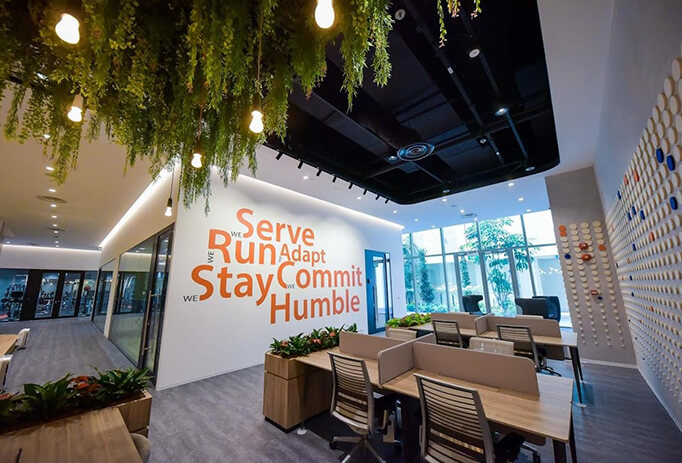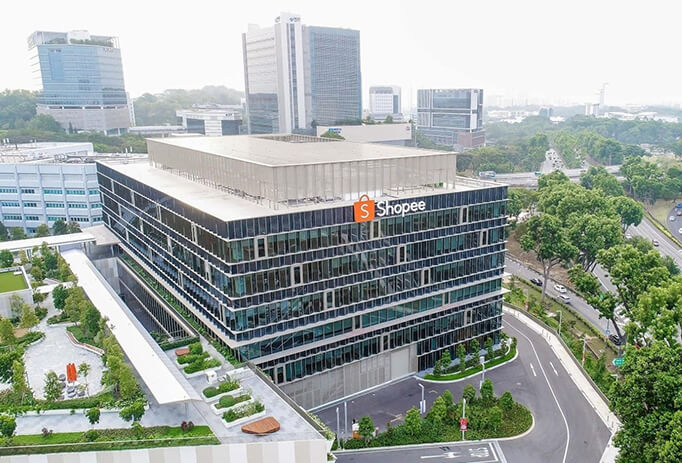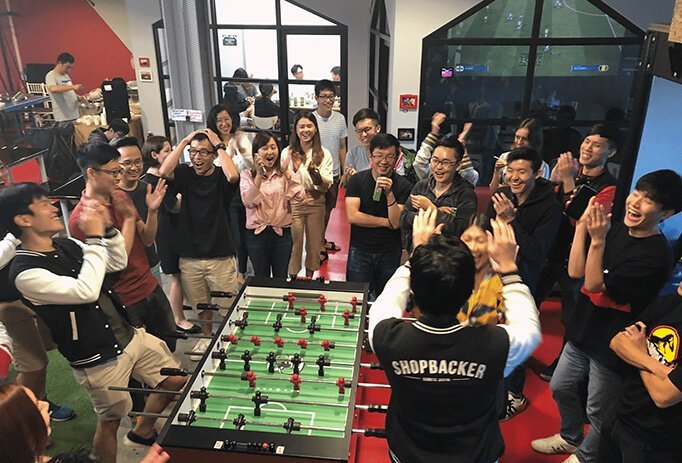Disruption may be an empty buzzword these days, but when these Singapore businesses began, they were the first of their kind in the region to take advantage of the growing e-commerce industry. Here’s how Shopee, ShopBack and Ninja Van went from scrappy start-ups to entrepreneurial titans.
The e-commerce industry is such an integral part of our lives today that it’s hard to imagine that as late as 2015, e-commerce was estimated at one per cent of total retail sales in Asia Pacific. Shopee, ShopBack and Ninja Van are excellent examples of visionary businesses that saw an opportunity and worked hard to succeed both in Singapore and the region.
The success of a hyper-localised approach: Shopee
Despite a competitive e-commerce industry that included Qoo10 and Tokopedia, Shopee was able to carve out a niche for themselves when they launched in 2015 in Singapore. They took advantage of the untapped opportunity to create a mobile-first, highly social e-commerce marketplace, quickly capturing a leading share of the industry. They attributed this to an early decision to focus on the user experience.












